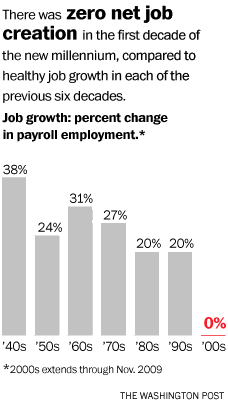Perhaps you’ve heard of the movie “The Money Masters” before by Bill Still. But regardless, it is well known that our U.S. Economy is not really getting better — nor will it ever get better.
How could it? That is, until and unless we solve our astronomical debt problem, and stop borrowing money at interest, just to pay off the never ending massive pile of interest from our old debts — all of which can never go away under our existing system because the very creation of money itself is also debt generating ( as the crooked Federal Reserve System was designed [Rothschilds, Rockefellers, Morgans]).
Some people, namely Ron Paul, have talked about a return to a Gold & Silver based monetary system. But this solution, while constructive for discussion, would appear to be incomplete. For we see even today that the price of Gold and Silver are greatly manipulated in a corrupt manner by the various Central Banks, the IMF, and various Governments. Therefore, how could either Gold or Silver possibly offer any stability when it is itself under the domination and control of “The Money Masters“? For example, given that size of the U.S. Money Supply has quadrupled in just the last few years alone, it would then logically follow that the correct price of Gold relative to the watered-down U.S. Dollar should already be in the vicinity of $5000/OZ.





